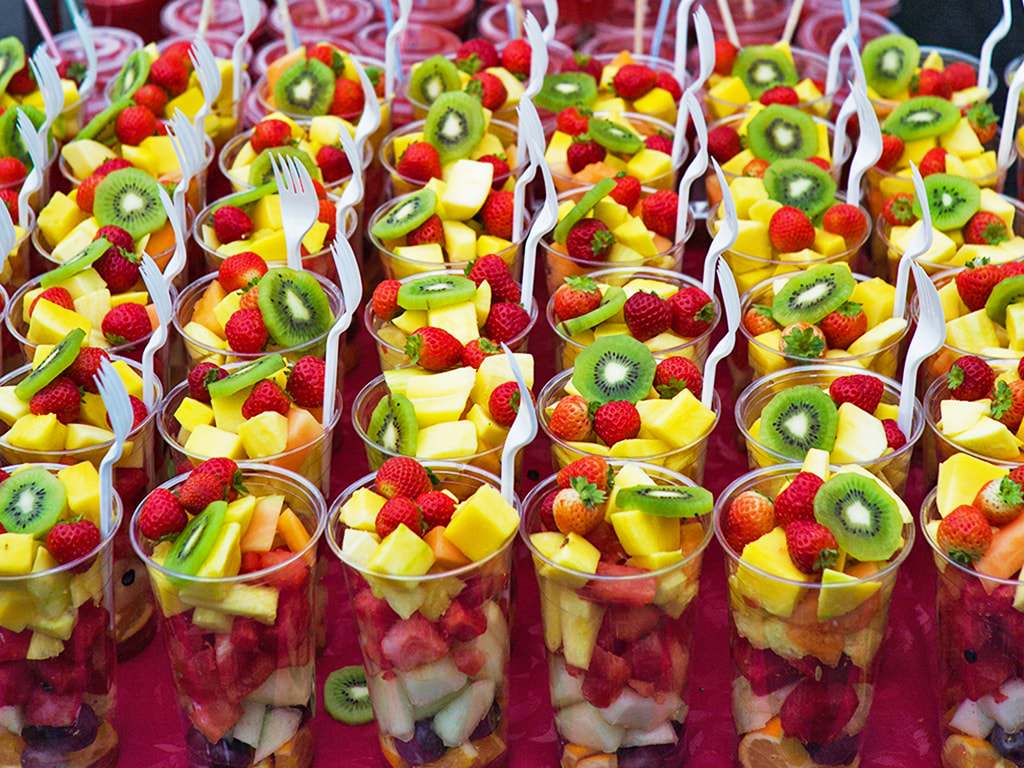4 Mins Read
Part of our job is to stay up to date on everything to do with health, diet, nutrition, the food industry- anything to do with wellness basically. The media loves itself a nutrition controversy and lately, it seems a a new diet-related headline dominate the airwaves every week. This can have a negative effect on concepts like accuracy and scientific studies. Medical journals will tentatively publish their research results, only to have click-bait crazed editors reword their conclusions and the public grossly misinterpret their message. That being said, some of the in-depth reportage pieces we have seen have seriously frightened us. We wanted to share our top 3 findings- and the source articles-with you, to keep you informed about what you eat and what you buy. As conspiracy-theory as it sounds, you cannot trust what’s on the shelves.
Word Play & Phantom Ingredients: You Literally Cannot Trust Food Labels
The most worrying article of them all is a Guardian piece by Joanna Blythman, an undercover reporter and author of Swallow This: Serving Up The Food Industry’s Darkest Secrets, in which she details the inner workings of the processed food industry. Most consumers are completely unaware that food can be sold with labels that either leave out ingredients or fool the most conscientious English language reader. Those salad packs and pre-cut fruit bowls that are making your life easier, because you are too busy to chop? Covered in a mixture of preservatives that keep the leaves fresh for up to 21 days but it not required by law to be listed on the packaging because it’s considered a processing aid! Enjoying some organic artisan salami at your wine and cheese party? The rosemary extract on the sausage’s label is also known as ‘butylhydroxyanisole (BHA) and butylhydroxytoluene (BHT).’ Still hungry? Scarily, the industry’s tactics are perfectly legal. The food industry hides behind outdated regulations, dubious quality assurance claims and protected secret recipes that can’t be shared for losing their competitive edge. Nobody is safe, not even the most dedicated clean-food devotee. How can you protect yourself against non-disclosure?
Find Out More: The Guardian article ‘Inside the food industry: the surprising truth about what you eat’
Years Can Pass Between Inspections & Other Incredibly Disturbing Facts About US The Meat Industry
Yes, this article is specifically about the United States. But remember- the US exports its beef and poultry to hundreds of countries. Many prepared foods found on our local supermarket shelves and items on international fast food chain menus are made with American meat, not to mention hotels and the F&B industry. It’s worth reading the entire piece but here are some takeaways to whet your appetite (pun intended): private auditor companies hired by the food industry gave a processing plant a 96% superior score upon its inspection despite noting the lack of anti-bacterial wash present, the lack of which caused a deadly listeria cantaloupe outbreak; don’t trust fast food chains to cook beef patties enough to kill pathogens; the only officially recognized and regulated food borne pathogen in the US is E.coli., and it took a 20 year lawsuit for that microscopic (sorry!) victory- for example, salmonella is not considered an adulterating substance and up to half of US ground chicken on shelves tests positive for it; and US inspectors have no legal recourse for shutting a processing plant down when they find it infected with food borne pathogens.
Find Out More: The New Yorker article ‘A bug in the system’
Herbal Hoopla: Major Global Retailers Are Selling You Fraudulent Supplements
No less than the New York Attorney General has named companies like GNC, Walmart and Target in a major investigation claiming that undercover testing showed 80% of the tested samples, a selection of their best-selling herbal supplements, did not have any of the herbs listed on the product label. Even worse, supplements that were marketed as wheat-free or gluten-free were found to contain wheat. Also: powdered rice and houseplants. That’s right…those expensive pills that you imbibe for added mental clarity and increased physical endurance and overall wellbeing could be nothing more than pricey dust.
Find Out More: The New York Times article ‘New York Attorney General Targets Supplements at Major Retailers’
The rising incidence of food borne diseases, the dirty tactics employed by the magnates of the global food industry and the increasing number of diet related illnesses- what’s clear from all this reading and research is that our convenience culture plays a huge role in all of it. We want shortcuts: the pre-cut fruit cup at our local coffee shop that we gobble up instead of biting into an apple, the pre-washed veggies and pre-boned chicken thighs that cuts our dinner prep time, the vitamins we take because there’s no time to get them from food…is it really worth our health?
Photo credits: 110303_CNPP_LSC_0206 via photopin (license), Weekend in Shoreditch Red in a cup via photopin (license) and Pills Vitamins Pile Bowl April 23, 2012 2 via photopin (license).






